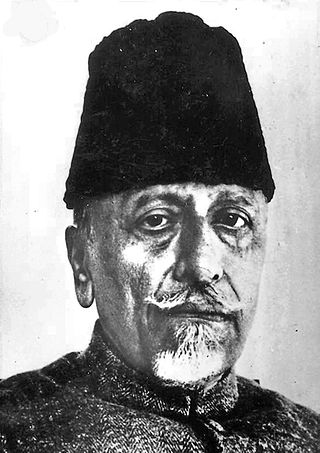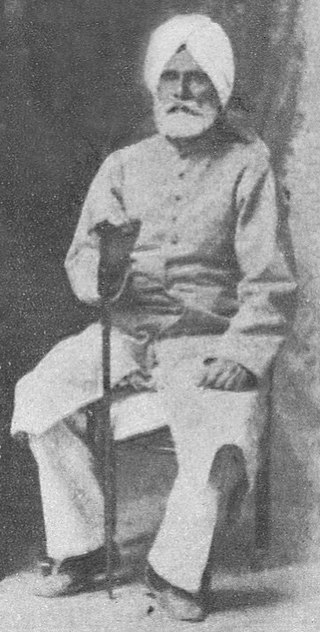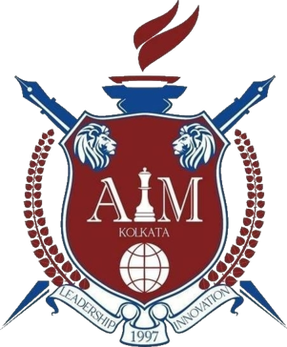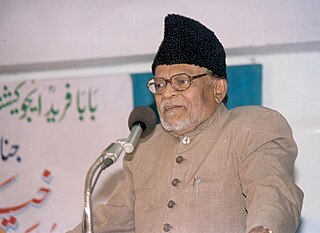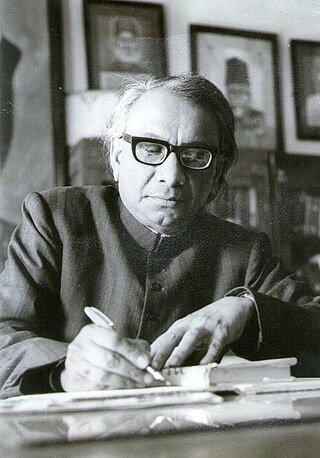Biography

Syeda Saiyidain Hameed was born in 1943 in the Indian princely state of Jammu and Kashmir, the daughter of Khwaja Ghulam Saiyidain. [7] Khwaja Ahmad Abbas, renowned filmmaker, was her uncle. [1] After schooling at Modern School, New Delhi, [8] her college education was at Miranda House, University of Delhi from where she passed BA (Hons) in 1963 and secured a master's degree (MA) from the University of Hawaii in 1965. [9] Her career started as a lecturer at Lady Shri Ram College for Women, New Delhi; she worked there till 1967 and joined the University of Alberta to obtain a doctoral degree (PhD) in 1972 [7] She continued at Alberta for two more years, working at the university as a sessional lecturer. Her next move was as an executive assistant at the Minister of Advanced Education and Manpower, Government of Alberta in 1975 and was promoted in 1978 as the Director of Colleges and Universities at the Ministry. [1] In 1967, she married S.M.A Hameed Professor of Labour Relations at Faculty of Business Administration and Commerce at University of Alberta.
Syeda Hameed returned to India in 1984. [7] Back in India, she continued her research activities, focusing on Sufism and the Muslim socio-political leaders. Her first assignment was with the Indian Council for Cultural Relations (ICCR), working on Maulana Abul Kalam Azad and Sufism from 1987 to 1991. She continued her research on Azad at Nehru Memorial Museum and Library from 1994 to 1997. [1] In 1997, she was appointed as a member of the National Commission for Women, a statutory body under the Government of India on all matters related to women's rights in the country, and served the commission till 2000. [4] During this time, she was also involved in writing articles on Islam, Muslim women, literature and film.
The new Millennium saw Hameed getting involved with several social activities which led to the establishment of a number of organizations. She was one of two women who founded the Muslim Women's Forum (MWF) [10] with the objective of giving women a voice in all matters concerning their lives. The Forum interacted with Ulemas on matters of Muslim Personal Law such as Polygamy, triple talaq and inheritance. She founded Women's Initiative for Peace in South Asia (WIPSA) with Mohini Giri and Normal Deshpande. She was a member of the WIPSA delegation who visited Pakistan in the wake of the Kargil War in 1999. Indo-Pakistani War of 1971. [11] When South Asians for Human Rights (SAHR) was formed in July 2000, she was one of its founder members. [12] The Centre for Dialogue and Reconciliation (CDR), an organization working for peace through dialogue and discourse, [13] was also founded with Hameed's participation. [14]

In July 2004, Hameed was appointed as a member of the Planning Commission of India when Manmohan Singh became the Prime Minister of India. [12] As a Member of Planning Commission, she had responsibility for Health, Women and Children, Voluntary Sector, Minorities, Micro Small and Medium Enterprises. It was during this time, she was appointed as a member of the Island Development Authority (IDA), Government of India agency under the Prime Minister, for the development of the Indian islands of Andaman and Nicobar Islands and Lakshadweep. [1]
She served the apex planning body for one decade. She was Chancellor of Maulana Azad National Urdu University (MANUU), Hyderabad [15] a post she held till January 2015. [5] She is a member of the Global Board of Directors of The Hunger Project, [16] a member of its jury panel for Sarojini Naidu Prize for Journalism, [17] and sits in the Governing Council of the Zaheer Science Foundation, a non governmental organization promoting scientific research and educational reform, in association with the Union Government. [12] She has served as a member of the National Council for promotion of Urdu Language as well as the Urdu Academies of Delhi and Haryana. [17] She was associated with Government of the National Capital Territory of Delhi as an honorary member of its Women's Empowerment Committee. [17] She is a former Trustee of Navsarjan and Olakh, Indo-Global Social Service Society, Indian Social Institute, India Habitat Centre, and Oxfam (India) and former chair of the Governing Body of Dalit Foundation and Lady Irwin College. Presently, she sits on the Boards of Indian Institute of Dalit Studies, Janvikas, and Sahr Waru-Women's Action and Resource Unit, Population Foundation of India, Swami Shradhanand Memorial Institute, Centre for Women's Development Studies, and Action Aid (India) and Global Trustee of South Asia Foundation (SAF). She chairs the National Foundation of India, Khwaja Ahmed Abbas Memorial Trust, Faiz Centre (India) and also co-chairs Hali Panipati Trust., [1] [17] ActionAid India
Syeda Hameed has been involved in the social issues,[ citation needed ] especially related to women and was active in the wake of the 2012 Delhi gang rape where a young paramedical student was gang raped by a six-member group which included a juvenile. [18] She has also delivered several keynote addresses [19] and has presented papers in many conferences; her presentation at the 1991 International Seminar on Sufism of the Indian Council for Cultural Relations, New Delhi has been published by the ICCR as a book under the title, Contemporary Relevance of Sufism. [20]
The Al-Ameen Educational Society, a Bengaluru-based educational society, awarded Hameed their Al-Ameen All India Community Leadership Award in 2006. [1] The Government of India included her in the 2007 Republic Day Honours list for the fourth highest civilian honour of the Padma Shri. [6] She received the Karmaveer Puraskaar of the Indian Confederation of NGOs (iCONGO) the next year. [21] She is also a recipient of the third Bi Amma Award of the Maulana Muhammad Ali Jauhar Academy, for the year 2012. [22]

